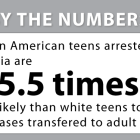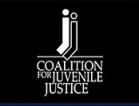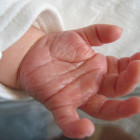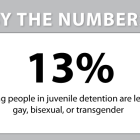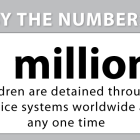
New details are out about the child sex trade in Georgia. An estimated 7,200 men are paying for sex with teenage girls every month in this state, according to a study called “Men Who Buy Sex with Adolescent Girls: A Scientific Research Study.” Highlights came out in May, but the full study, released Thursday, sheds new light on the crisis. While state leaders and advocacy groups are trying to get hold of the problem, it appears no one is more concerned about the report than Craigslist, the online classified ad giant. Craigslist attorneys have sent a Cease and Desist letter to the Women’s Funding Network, a national partner of the Atlanta campaign called A Future Not a Past, which commissioned the study. The legal warning letter alleges the Women’s Funding Network defamed Craigslist, and distributed false information about the company, by releasing highlights of the Georgia study. The study claims “Craigslist is by far the most efficient medium for advertising sex with young females; ads on this site received 3 times as many responses compared to identical ads placed on other sites.”
A spokesman for both the Women’s Funding Network, based in San Francisco, and Atlanta’s A Future Not a Past campaign were shocked by the Craigslist demand letter, which arrived June 7. In response, they sent Craigslist the full study yesterday, and asked for a sit-down meeting. They say Craigslist declined.
